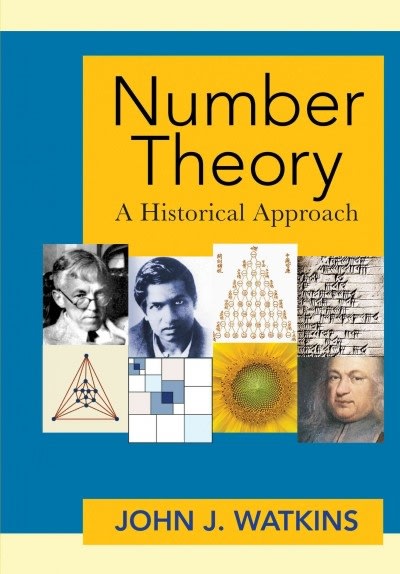Question
Two gamblers play a version of roulette with a wheel as shown in the file P05_63.xlsx. Each gambler places four bets, but their strategies are
Two gamblers play a version of roulette with a wheel as shown in the file P05_63.xlsx. Each gambler places four bets, but their strategies are different, as explained below. For each gambler, use the rules of probability to find the distribution of their net winnings after four bets. Then find the mean and standard deviation of their net winnings. The file gets you started.
Round your answers to two decimal places, if necessary and if your answer is negative value, please enter "minus" sign.
a. Player 1 always bets on red. On each bet, he either wins or loses what he bets. His first bet is for $10. From then on, he bets $10 following a win, and he doubles his bet after a loss. (This is called a martingale strategy and is used frequently at casinos.) For example, if he spins red, red, not red, and not red, his bets are for $10, $10, $10, and $20, and he has a net loss of $10. Or if he spins not red, not red, not red, and red, then his bets are for $10, $20, $40, and $80, and he has a net gain of $10.
| Mean | $ |
| Standard Deviation | $ |
b. Player 2 always bets on black and green. On each bet, he places $10 on black and $2 on green. If red occurs, he loses all $12. If black occurs, he wins a net $8 ($10 gain on black, $2 loss on green). If green occurs, he wins a net $50 ($10 loss on black, $60 gain on green).
| Mean | $ |
| Standard Deviation |
Step by Step Solution
There are 3 Steps involved in it
Step: 1

Get Instant Access to Expert-Tailored Solutions
See step-by-step solutions with expert insights and AI powered tools for academic success
Step: 2

Step: 3

Ace Your Homework with AI
Get the answers you need in no time with our AI-driven, step-by-step assistance
Get Started


